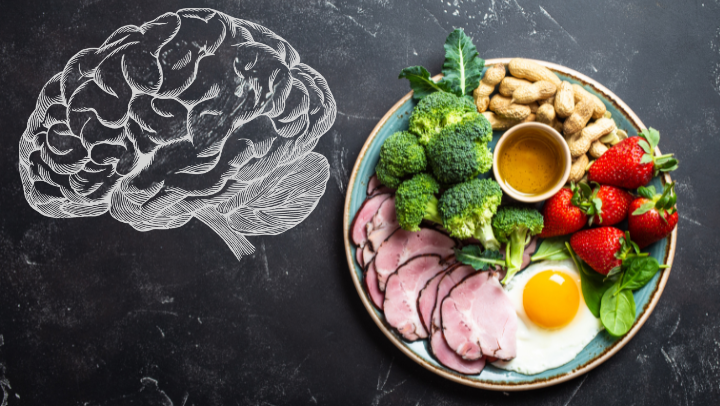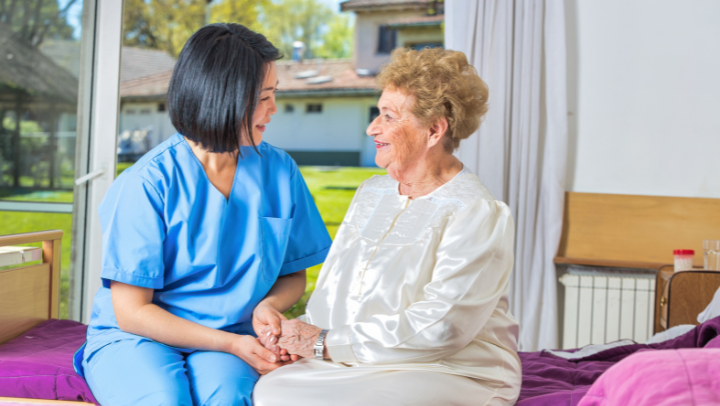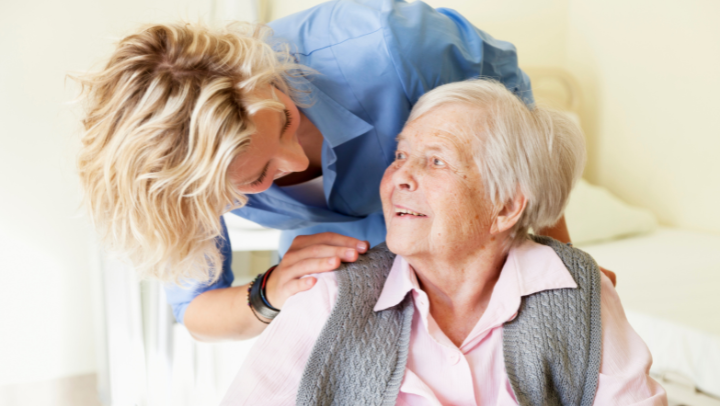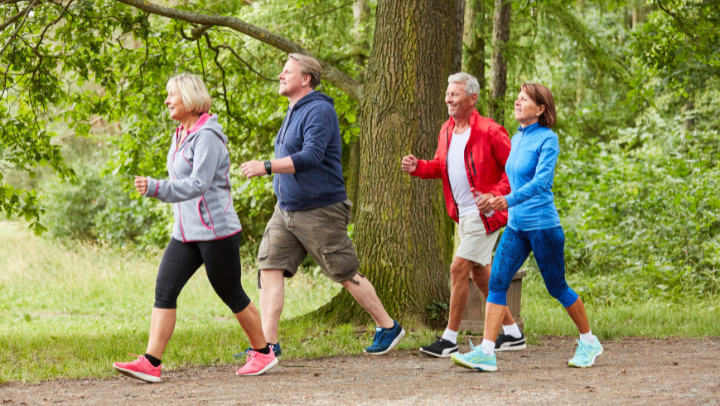
Understanding Processed Food’s Impact on Brain Health in Tacoma, WA

Most American seniors get over 60% of their daily calories from processed foods. These quick meal options might save time, but they could quietly impact your brain health more than you think.
We provide tailored, personalized senior care in Tacoma, WA, and understand how challenging it can be to maintain a healthy diet while aging. Peoples Senior Living helps you make smart choices about your nutrition. Our team will explain the link between processed foods and brain health and give you practical ways to improve your cognitive wellness.
You’ll find ways to spot hidden processed foods, learn about brain-healthy alternatives and create a practical meal plan that supports your cognitive function. Simple dietary changes can make a huge difference in your brain health.
Identifying Hidden Processed Foods
The task of identifying processed foods can be trickier than you might expect. Chips and sodas are obvious choices, but some healthy-looking foods might surprise you with their processing levels. The ingredient list on food packages tells an interesting story. A product filled with ingredients that sound like a chemistry experiment or items you wouldn’t find in your kitchen likely falls into the ultra-processed category. The packaging might trick you with these misleading terms:
- “Natural” or “All-Natural”
- “Lightly Sweetened”
- “Made with Real Fruit”
- “Multi-Grain”
- “Low-Fat” or “Fat-Free”
Smart shopping starts at the grocery store’s perimeter where fresh, whole foods live. Most ultra-processed options hide in the middle aisles. Your best bet with packaged foods is to pick items with recognizable ingredients. Here’s a practical tip: if your grandmother doesn’t know an ingredient, you might want to think over that choice.
Note that some processing can actually help. Minimally processed foods like canned vegetables, frozen fruits and whole-grain breads fit well into a healthy diet. Success comes from understanding processing levels and making smart choices that boost your brain’s health.
Smart Swaps for Better Brain Health
Smart food swaps can help your brain health a lot. Here at Peoples Senior Living in Tacoma, WA, we want to help you make these beneficial changes. Let’s look at some alternatives that boost your brain and make a real difference to your mental health.
Your first step should be to swap processed meats with omega-3-rich foods. Wild-caught salmon or other fatty fish twice per week works better than deli meats. This easy change lowers your risk of mental decline and gives your brain the nutrients it needs. The way you snack makes a difference. These brain-friendly options work better than refined carb snacks:
- Walnuts and almonds (rich in brain-protecting omega-3s)
- Fresh berries (packed with memory-enhancing flavonoids)
- Dark leafy greens with hummus (high in brain-protective vitamin K)
Your choice of drinks matters too. Brain-boosting drinks work better than sugary ones. A morning coffee or tea helps improve your memory and focus, especially without added sweeteners. Our residents at Peoples Senior Living have seen positive changes just by making these smart swaps.
Creating a Brain-Healthy Meal Plan
Brain-healthy meal planning can be simple and straightforward. Our team at Peoples Senior Living has created an easy-to-follow approach based on MIND diet principles.
Here are your weekly serving targets to boost brain health:
- Leafy greens: 6+ servings
- Other vegetables: 7+ servings
- Berries: 2+ servings
- Fish: 1-2 servings
- Whole grains: 21+ servings
- Beans: 3+ servings
- Poultry: 2 servings
- Nuts: 5 servings
Practical Implementation Tips: Your weekly meal prep works best when you start Sunday evening. Our experience with individual-specific care in Tacoma, WA, shows that ready-to-use ingredients substantially boost success rates. These strategies work well:
- Clear containers help store pre-cut vegetables
- Individual portions of cooked meals go in the freezer
- Fresh produce stays visible in your refrigerator
- Contents and dates appear on container labels
- Overnight oats and other breakfast items get prepared ahead
Brain-boosting combinations can be as simple as citrus salmon with sweet potato, hummus veggie wraps or chicken and vegetable couscous. Social meals add an extra dimension to healthy eating – sharing dinner with others makes the experience more enjoyable and lasting.
Smart Food Choices
Better food choices become easier once you understand how they affect your brain health. Reading labels carefully and choosing whole foods over processed options can improve your cognitive wellness.
A healthier brain doesn’t need dramatic lifestyle changes. Simple swaps make a difference – salmon instead of processed meats, nuts rather than chips. You can build an environmentally responsible meal plan that fits your lifestyle. These small changes create lasting benefits for your cognitive health.The path to better nutrition is easier with support. The experienced team at Peoples Senior Living will help you reach your dietary goals and answer your questions. Would you like to learn more about our brain-healthy dining options? Call us at (253) 474-1741 to find out how we can help improve your nutritional wellness.






